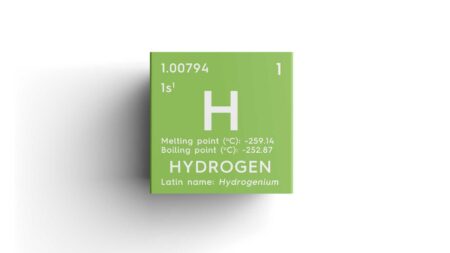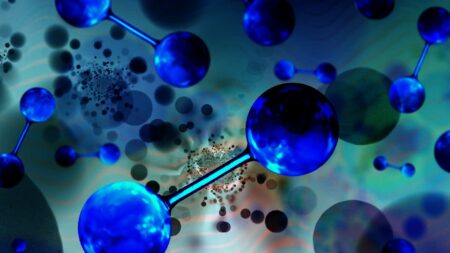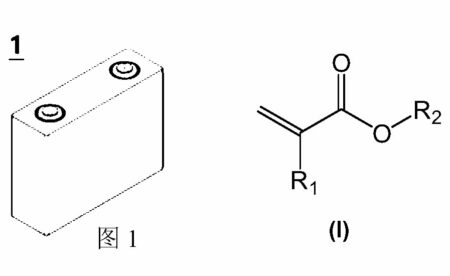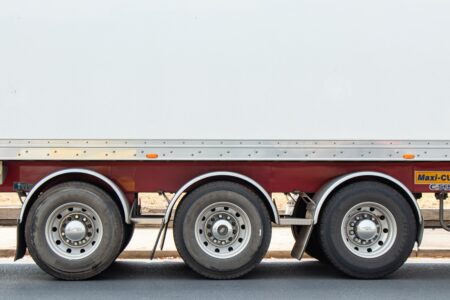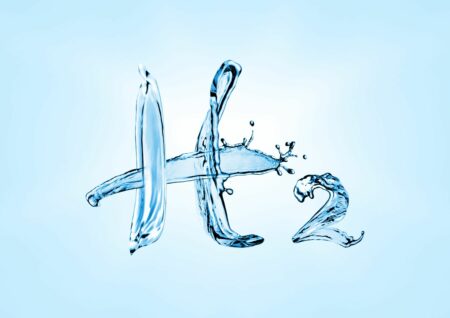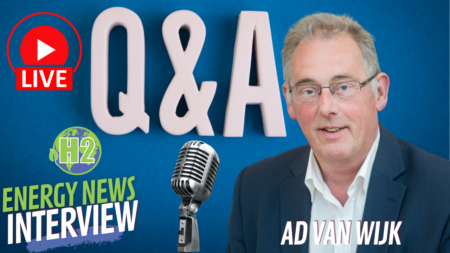In order to reach European sustainability goals by 2023, Italy is pushing and pursuing a variety of carbon dioxide emission reduction projects.
Within this perspective, the utilization and application of hydrogen for transportation play a crucial role.
And now, following the first trains, the Brescia-Edolo route in Italy is the first totally designed for hydrogen operation.
An immediate from Hydrogen Valley
According to the website energy-light (https://energia-luce.it), hydrogen initiatives have multiplied in recent years, with the goal of transforming Italy into Hydrogen Valley by 2030. Pnrr grants total €3.6 billion and may only be used for hydrogen projects. Moreover, the Lombardy Region has just launched the H2iseO project, providing 75.5 million euros for the activation of hydrogen-powered rail service. Piedmont, Friuli-Venezia Giulia, Umbria, Apulia, and Basilicata are the five regions that have taken action to finish the first step of the NRP.
Hydrogen Valley refers to the development of certain regions that are entirely or partially powered by hydrogen. In these regions, the transportation industry and local industries will also increase their usage of this chemical element.
Mario Draghi has stated that the development of Hydrogen Valleys will enhance employment and contribute to the creation of new jobs, in addition to having a significant beneficial influence on environmental sustainability. According to the Minister of Ecological Transactions, Roberto Cingolani, the completion of such a scheme will finally place Italy on level with the greatest nations in the European Union.
Leading the first hydrogen railway project is Lombardy
Thus, a century and a half after Stephenson’s first steam locomotive, and following the transition from steam to electric via three-phase, the hydrogen train with a proven technology has finally arrived. With the H2iseO project, however, the first hydrogen-powered railway line in Italy will be constructed on the Brescia-Iseo-Edolo segment, utilizing materials that provide a significant increase in reusability (about 95 percent) and a decrease in consumption of around 30 percent.
In fact, it is anticipated that each train will reduce annual emissions by the equivalent of 400 automobiles. With the necessary resources and technology, it is conceivable to construct hydrogen-powered, near-zero-emissions high-speed trains. In reality, a train renewal program has commenced in Lombardy with the procurement of 176 new trainsets, including the new hydrogen-powered trains, which will replace the aging fleet and enhance service quality.
Innovative technology
The project consists of three main phases and requires an investment of more than 160 million euros: the first phase entails the purchase of six hydrogen trains, whose supply has already been approved by the Board of Directors of FNM (Ferrovie Nord Milano) in November 2020, with delivery scheduled for 2023. Also planned is the development of the first hydrogen generation facility. The second phase comprises the purchase of eight more electric trains to replace diesel-powered locomotives from the early 1990s. In addition, more manufacturing facilities are scheduled to be constructed by 2025.
The latest step aims to expand the usage of hydrogen to other forms of local transportation.
The trains will employ fuel cells, a technology that has been used in the space industry since the 1960s and is capable of creating light and energy from hydrogen. It may be compared to a battery, however unlike a battery, it does not deplete and does not require recharging as long as it is powered.
In Italy, 28 percent of trains are diesel-powered, while electric rail lines have yet to be installed. Decades have been spent searching for a rapid and effective solution that would make the rail business more viable without requiring the electrification of whole lines. In several countries, like France and Germany, hydrogen power is the optimal answer.
Is the H2iseO initiative, however, truly sustainable? Hydrogen must be green, that is, created from renewable energy, for the project to be successful and to effectively reduce CO2 emissions. Currently, 98 percent of hydrogen is still produced using fossil fuels such as methane or coal. In the near future, we shall receive the long-awaited answers.
Published by Margherita Ferrari, Editor Papernest


